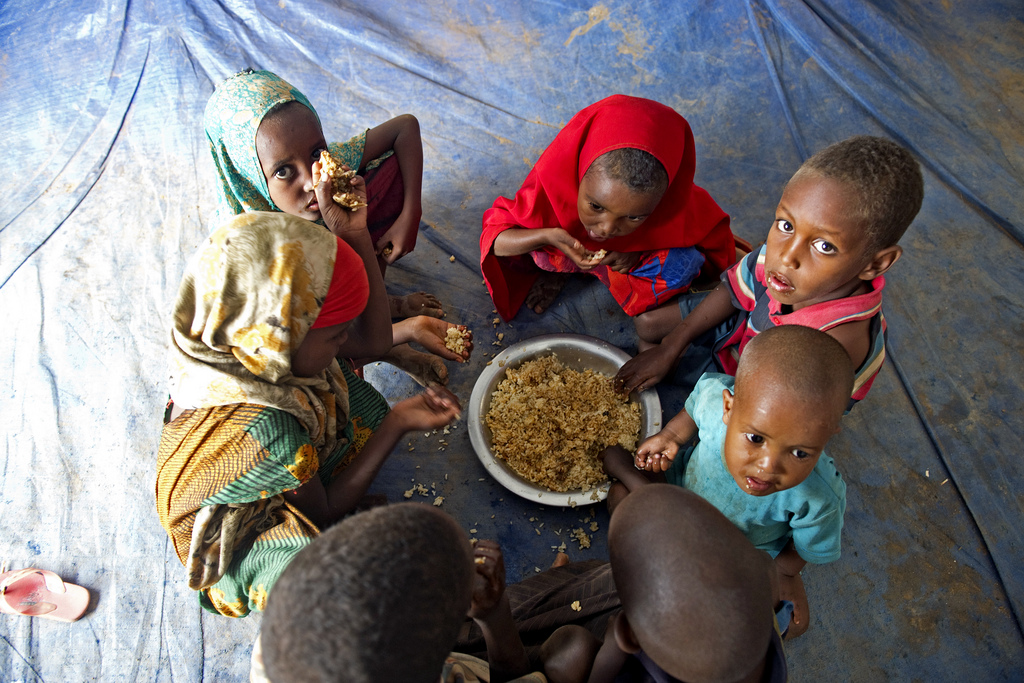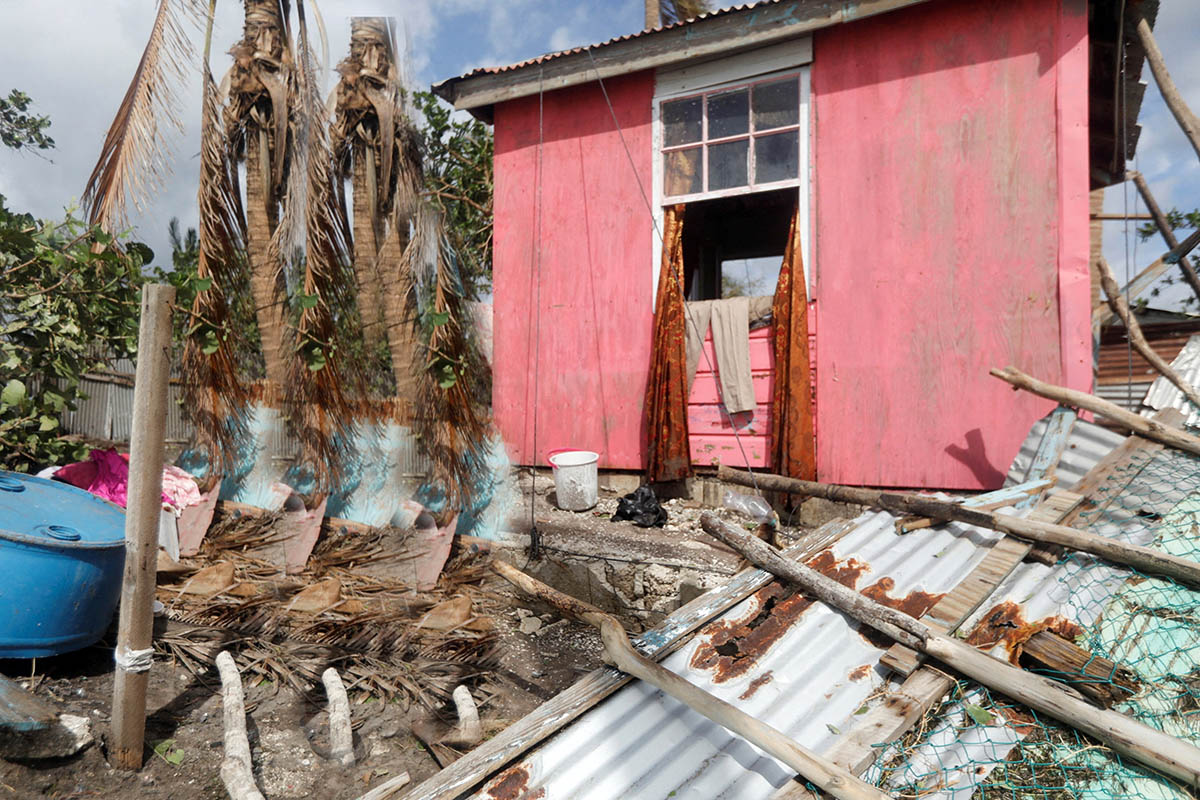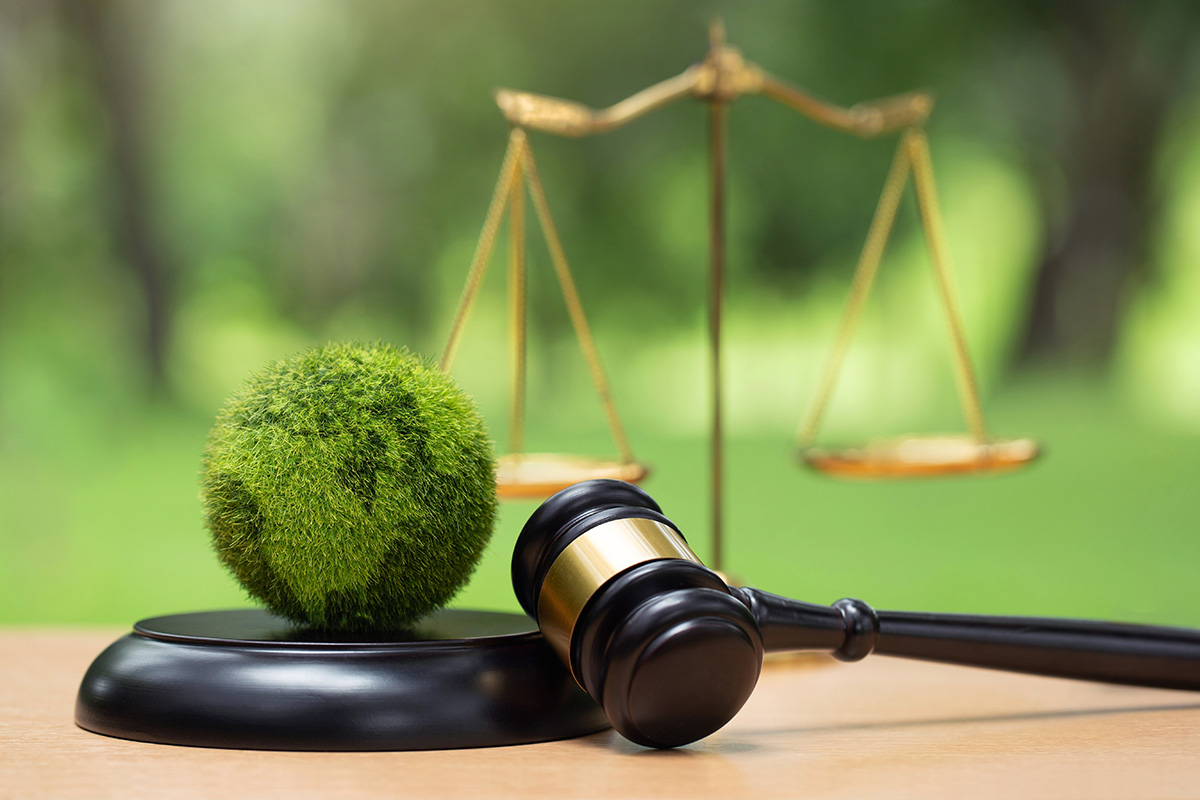“Mitigate climate change with collective effort”
February 10 Women and children are among the vulnerable populations already feeling the impact of climate change, writes Judith Akoth, 24, a Commonwealth Correspondent from Kisumu in Kenya, who argues that collective action can change the situation and save lives.
Women and children are among the vulnerable populations already feeling the impact of climate change, writes Judith Akoth, 24, a Commonwealth Correspondent from Kisumu in Kenya, who argues that collective action can change the situation and save lives.
Climate change has become a popular discourse on both national and international platforms. There are anticipated severe effects, however, its exact impact is still a matter of speculation for many scholars and experts.
The Universal Declaration of Human Rights of 1948 has been enshrined in both National Constitutions and International Laws, yet many appear to be outside its protection. Innocent lives are lost every day as a result of the sudden or slower onset of climatic events, especially in developing and conflict-prone areas.
A case in point is the horn of Africa, which experiences periodic drought seasons. In 1984-1987, Ethiopia suffered the most severe drought in six decades, leaving thousands dead and others in dire need of food aid. Comparable conditions are also experienced in Somalia; however, they were made worse by conflict the country faces.
In Asia, typhoons kill many and leave others homeless. In the Philippines, Typhoon Haiyan took the lives of at least 6,300 people, while heat waves in India have continued to claim lives.
The right to food, safe water and shelter are yet other rights affected by climate change. Change in climate patterns has resulted in low quantity and quality of food, especially in communities that heavily rely on rain-fed crops.
Currently, in Kenya we are experiencing El Nino floods and its havoc has already claimed lives, caused cholera outbreaks and displaced thousands. Unfortunately, the rush to relocate these victims makes them more susceptible, as many are settled on grounds that lack essential basic needs.
In addition, extreme climate change events strips its victims of their rights to self-determination. Many of those displaced by acute climatic events are forced to move into refugee camps or camps for the internally displaced. Regrettably, while in these camps the affected cannot make any solid decisions regarding their lives, such as the ability to work and earn income, participate in the electoral system back in their countries, continue practicing their culture or even pursuing education of their choice. Such living conditions leave refugees with wrenched feelings to the extent that some have committed suicide.
Regrettably, it is women and children – the pillars of our future generation – and the elderly who are most vulnerable to the impacts of climate change.
In this regard, it is in our own self-interest to protect humanity and the right to life. What, then, can we do?
We begin with the lessons learnt so far, by continuously sensitising people on climate change. This will stimulate adoption of sustainable mechanisms to mitigate climate change effects.
Secondly, think green, go green! This will help minimise carbon emissions, which are a major contributor to climate change. I fete the late Prof. Wangari Mathai, a Nobel Peace Prize winner, for going out of her way to conserve the environment by planting trees. Australian millionaire Johan Eliasch is also applauded for his magnificent decision to conserve our environment by purchasing 400,000 acres of the Amazon forest from a logging company just to preserve it. We may not be at parity with them, however, we can encourage one another to adopt safe energy, and practice the 3R Rule; Reuse, Reduce or Recycle.
It is also with honour that I commend the recent COP 21: UN Climate Change Conference in Paris that has led more than 200 countries to sign a legal agreement to bring to an end the fossil fuel era in aim to cut greenhouse emissions.
Thirdly, to minimise the impacts of climate change on human rights we require a pool of resources to restore the lives of those affected, amend our laws and put in place mechanisms to mitigate climate change. More countries should open their doors to these to reduce the humanitarian crisis, concurrently more human and monetary resources should be provided to these organizations to ease their operation.
Lastly, developed countries must make deliberate efforts to reduce or prevent emission of greenhouse gases. This will mean use of new technologies and renewable energies, making older equipment more energy efficient, or changing management practices or consumer behaviour.
As we move into the New Year, remember that each and every person should re-evaluate the way they interact with the environment, and help save a life.
photo credit: Somali Refugees in Ethiopia via photopin (license)
………………………………………………………………………………………………………………
About me:
I am a confident and articulate graduate who enjoys engagement in journalism clubs and associations. Young yet mature; I am interested in inculcating my skills in conflict management in regards to politics, ethnic and religious inspired conflicts.
I believe our future generations have a right to live in a peaceful environment that allows for holistic development. Currently I am a blogger and a volunteer at community based organisations.
………………………………………………………………………………………………………………
Opinions expressed in this article are those of the author and do not necessarily represent the views of the Commonwealth Youth Programme. Articles are published in a spirit of dialogue, respect and understanding. If you disagree, why not submit a response?
To learn more about becoming a Commonwealth Correspondent please visit: http://www.yourcommonwealth.org/submit-articles/
…………………………………………………………………………………………………………………






